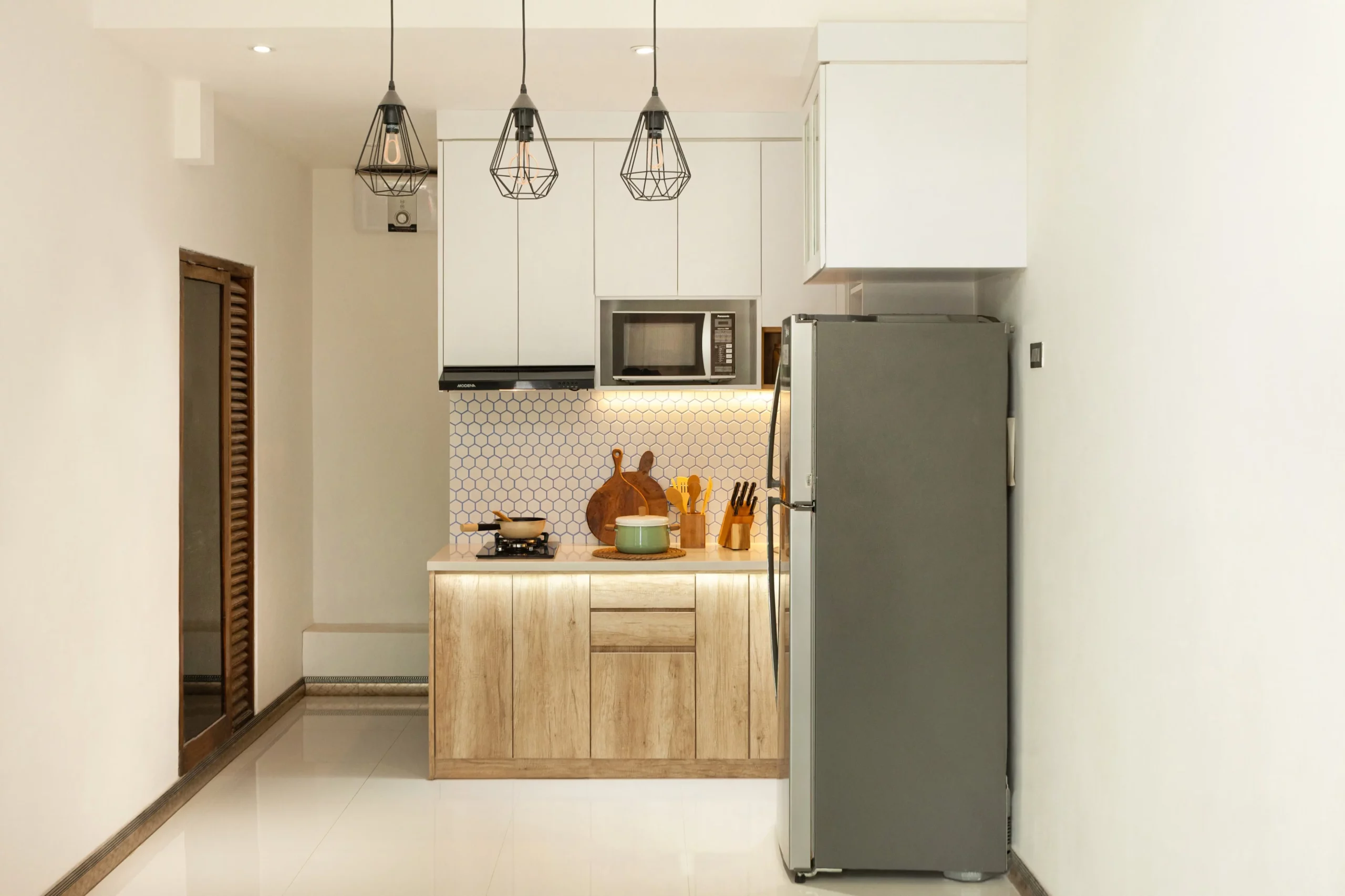
Particle board cabinets are a popular choice in many homes due to their affordability and versatility. However, one common issue that homeowners often face with these cabinets is peeling. Peeling particle board cabinets can significantly affect the aesthetics and functionality of your kitchen or other spaces. In this article, we will delve into the reasons behind particle board cabinets peeling and provide practical solutions to address this problem.
Particle board cabinets have gained popularity for their cost-effective nature and ease of use. However, the issue of peeling can lead to a significant deterioration in their appearance and functionality. It’s essential to understand why peeling occurs and how to prevent and address it.
Understanding Particle Board Cabinets
Particle board, also known as chipboard, is a composite material commonly used for furniture, including cabinets. It’s made from wood particles, adhesive resin, and heat-pressed to form sheets. The outer layer is often covered with a laminate or veneer to enhance its appearance.

Causes of Peeling in Particle Board Cabinets
Moisture Damage
Exposure to moisture is one of the primary culprits behind peeling particle board cabinets. When the board absorbs water, it can cause the layers to swell and detach, resulting in peeling.
Poor Quality Lamination
Inferior quality lamination during the manufacturing process can cause the laminate to separate from the particle board over time, leading to peeling.
Excessive Heat Exposure
Particle board cabinets placed near heat sources like ovens or dishwashers are prone to peeling. The heat can weaken the adhesive used in the lamination, causing it to peel away.
Aging and Wear
As particle board cabinets age, the materials may degrade, making them more susceptible to peeling. Regular wear and tear can exacerbate this issue.
Preventive Measures
Proper Sealing
Sealing the exposed edges of particle board cabinets with paint, varnish, or edge banding can help prevent moisture from seeping in and causing peeling.
Humidity Control
Maintaining a consistent level of humidity in your home can significantly reduce the risk of peeling. Use dehumidifiers if needed, especially in areas prone to high humidity.
Avoiding Direct Heat
Position cabinets away from direct heat sources to prevent the adhesive from weakening. Using heat shields or insulating materials behind appliances can also help.
Regular Maintenance
Inspect your cabinets regularly for any signs of peeling or damage. Promptly address any issues to prevent them from worsening.

Choosing the Right RV Cabinets
When selecting RV cabinets, consider the following factors to ensure you make the most suitable choice:
- Size and Dimensions: Measure the available space in your RV to choose cabinets that fit perfectly without wasting space.
- Materials and Durability: Opt for cabinets made from durable materials that can withstand the vibrations and movements associated with travel.
- Number of Compartments: Depending on your storage needs, select cabinets with the right number of compartments and shelves.
- Accessibility: Choose cabinets with easy-to-open and secure mechanisms, ensuring hassle-free access to your belongings.
- Weight Considerations: Keep in mind the weight of the cabinets, as it can impact your RV’s overall weight and balance.
Maintenance Tips for RV Cabinets
To prolong the life of your RV cabinets and keep them in top condition:
- Regularly clean the cabinets using a gentle cleaning solution.
- Check for any signs of wear or damage and address them promptly.
- Lubricate hinges and moving parts to ensure smooth operation.
- Avoid overloading the cabinets to prevent strain on the hinges and locks.
RV cabinets are more than just storage solutions; they contribute to the overall comfort and convenience of your travel experience. By investing in well-designed cabinets and maintaining them properly, you can make the most of your time on the road while keeping your belongings organized and secure.
Why RV Cabinets Are Essential for Travelers
RV cabinets serve as the backbone of efficient organization in a confined space. Without proper storage solutions, your RV’s interior can quickly become chaotic and cramped. Cabinets allow you to neatly arrange items, ensuring easy access and preventing items from shifting during travel.

Benefits of Well-Designed RV Cabinets
- Optimal Space Utilization: RV cabinets are strategically designed to utilize every inch of available space. This is especially crucial in compact living environments, where efficient use of space is a priority.
- Reduced Clutter: Keeping your belongings in designated cabinets prevents clutter from accumulating on countertops, tables, and floors. This contributes to a visually appealing and comfortable living space.
- Enhanced Safety: Securely storing items in cabinets minimizes the risk of accidents while the vehicle is in motion. Items are less likely to fall or become projectiles during sudden stops or turns.
- Personalization: RV cabinets come in various styles and finishes, allowing you to personalize your living space according to your taste. You can choose cabinets that complement the overall interior design of your RV.
- Efficient Cooking and Dining: Kitchen cabinets in RVs provide the convenience of preparing and cooking meals while on the road. Having all your cooking utensils and ingredients neatly organized saves time and effort.
- Quick Setup and Packing: Well-organized cabinets simplify the process of setting up camp and packing up when it’s time to move. Everything has its place, making it easy to locate and stow items.
Peeling particle board cabinets can be a frustrating issue, but with proper care and preventive measures, you can maintain the integrity and appearance of your cabinets for years to come. Regular maintenance, humidity control, and cautious placement of cabinets can go a long way in preventing peeling and prolonging their lifespan.
